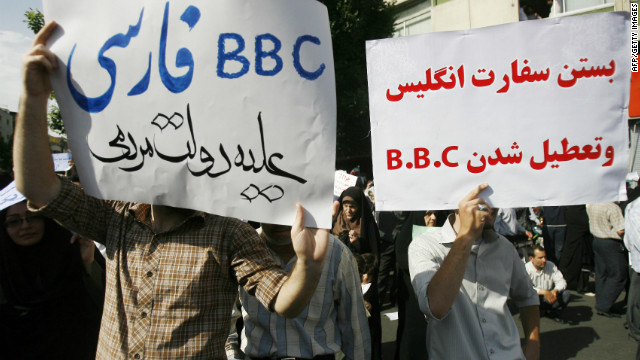By Carolyn Abdenour
Impunity Watch Reporter, Middle East
JERUSALEM, Israel – On Monday, 13 February, an Israeli military court denied the appeal to reduce the jail sentence of Khadar Adnan, the Palestinian man who initiated his hunger strike fifty-eight days prior. Mahmoud Hassan, one of Mr. Adnan’s lawyers, reported his client would remain detained without trial until May 8, when his four-month sentence expires.

On Tuesday, 14 February, Mr. Adnan’s lawyers said they would appeal Israel’s Supreme Court to overturn the military court’s decision while Mr. Adnan continues his hunger strike. Mr. Adnan is near death, and Israeli officials have guarded him at the hospital in northern Israel for six weeks. His lawyer reports Mr. Adnan remains shackled to his bed and argues the Israelis are holding him in “inhumane conditions.”
Thirty-four year old Adnan began his hunger strike the day after Israel arrested without a charge. His hunger strike fights “for the dignity and pride of Palestinian prisoners held without justification,” and he protests the humiliation he endures from the military justice system. Mr. Adnan’s fifty-nine day hunger strike, where he only drinks water, has exceeded any previous Palestinian prisoner’s strike.
Israel has held Mr. Adnan, a member of the militant Palestinian group Islamic Jihad, in “administrative detention” since January 8 after the government arrested him on December 17. Since 1967, Israeli law permits Palestinians imprisonment without charge for a six-month period by an Israeli military judge in this administrative detention. These six-month periods may repeat indefinitely with renewed court approval. Moreover, detainees may not view the evidence the Israelis have against them. Presently, Israel is holding approximately 310 Palestinians in administrative detention.
Human Rights Watch asks Israel to immediately charge Mr. Adnan or release him.
On Saturday, 11 February, Israeli soldiers dispersed hundreds of Palestinian protesters supporting Mr. Adnan outside the West Bank’s Ofer Prison. At a separate rally for Mr. Adnan, Israel arrested two Palestinians and two Israelis.
Hundreds of Palestinian prisoners have joined Mr. Adnan’s hunger strike throughout Israel’s jails. Issa Qaraqua, the Palestinian prisoner affairs minister, encourages the Palestinian territories to demonstrate, march, and fast in solidarity on Wednesday, 15 February. Furthermore, if Mr. Adnan dies, Palestinian officials warned mass protests would erupt throughout the territories.
Robert Serry, the United Nations special coordinator for the Middle East peace process, asked Israel “to do everything in its power to preserve the health of the prisoner and resolve this case while abiding by all legal obligations under international law.”
For further information, please see:
Agence France-Presse – Palestinian Hunger Striker To Petition Top Israel Court – 14 Feb 2012
Jerusalem Telegraphic Agency – Palestinian On Hunger Strike In Israeli Prison Denied Release – 14 Feb 2012
Al Jazeera – Israel Denies Appeal of Jailed Hunger Striker – 13 Feb 2012
Boston Globe – Israel Reject Palestinian Hunger Striker’s Appeal – 13 Feb 2012



